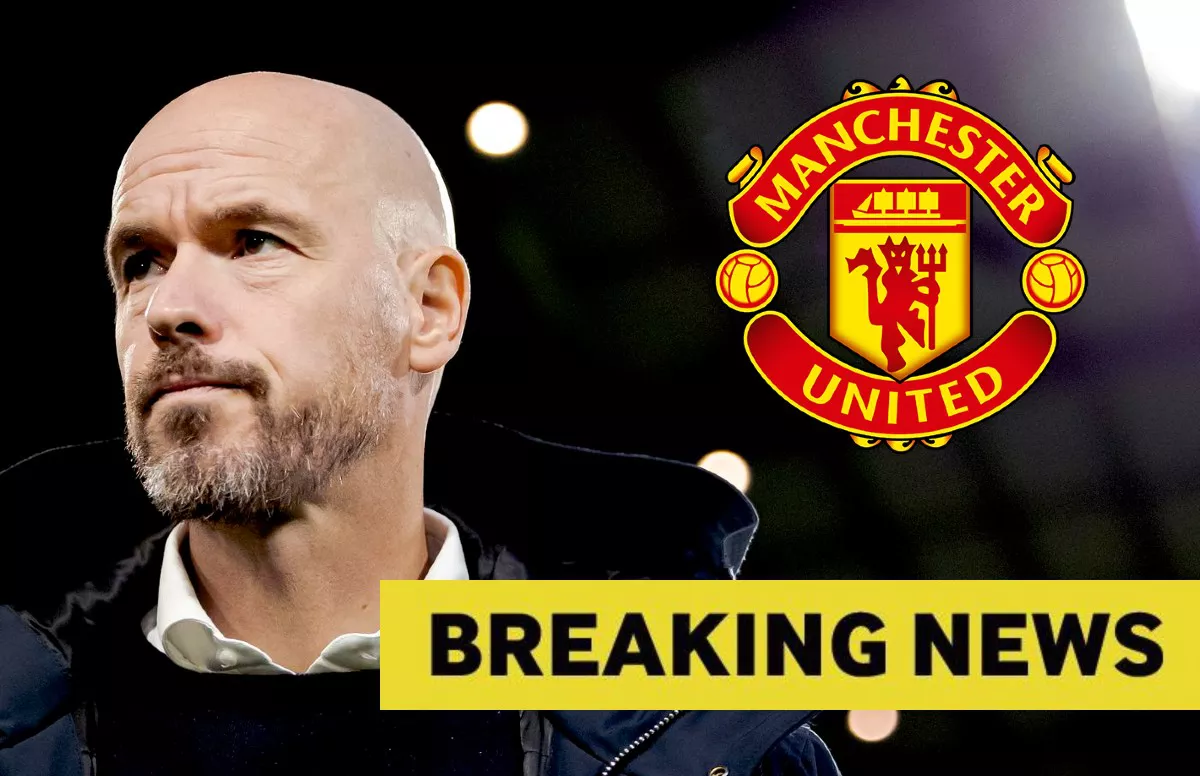By Fasuyi Tolulope Samuel
In the digital age, trolling has evolved from mere mischief to a profitable venture for some Nigerian social media users. These individuals, hiding behind anonymous profiles, spend their time attacking celebrities and public figures, often without provocation.
What was once random outbursts of anger has transformed into a calculated business, where engagement and controversy are monetized.
Why Do Trolls Troll?
Trolling is driven by several motivations. For some, it’s the thrill of hiding behind the screen, saying things they wouldn’t dare express in person.
For others, it’s a means to an end. Engagements—likes, shares, and comments—are profitable currencies in the digital world. The more outrageous the statement, the higher the visibility. Public outrage equals more clicks, which can translate into paid partnerships, monetized accounts, and even online fame. Ironically, being infamous can open doors to online success.
The Effects: Mental Health and Reputation Damage
While the trolls benefit financially, their targets suffer emotionally. Many celebrities and public figures experience immense pressure and stress due to the constant negativity.
For some, trolling leads to anxiety, depression, or withdrawal from social media altogether. Additionally, misinformation or defamatory posts can permanently damage reputations, leaving individuals struggling to rebuild their public image.
On a societal level, trolling creates an atmosphere of fear and hostility, discouraging open dialogue and honest expression online. Public figures may become overly cautious or withdraw from social discourse altogether, harming the larger community’s access to genuine insights.
How Can It Be Controlled?
Controlling the trend of trolling requires a combined effort from tech platforms, legal systems, and users themselves. Social media companies must strengthen their reporting mechanisms and take swift action against repeat offenders.
Legislation, too, must catch up with the digital space to penalize defamation and harassment more effectively. Users need to be aware of the ethical implications of their interactions and avoid feeding the troll economy by sharing or engaging with toxic content.
Ultimately, while trolling may offer short-term gain, its long-term consequences for both individuals and society are far more damaging. Accountability and awareness are key to addressing this growing issue in Nigeria’s digital space.








































